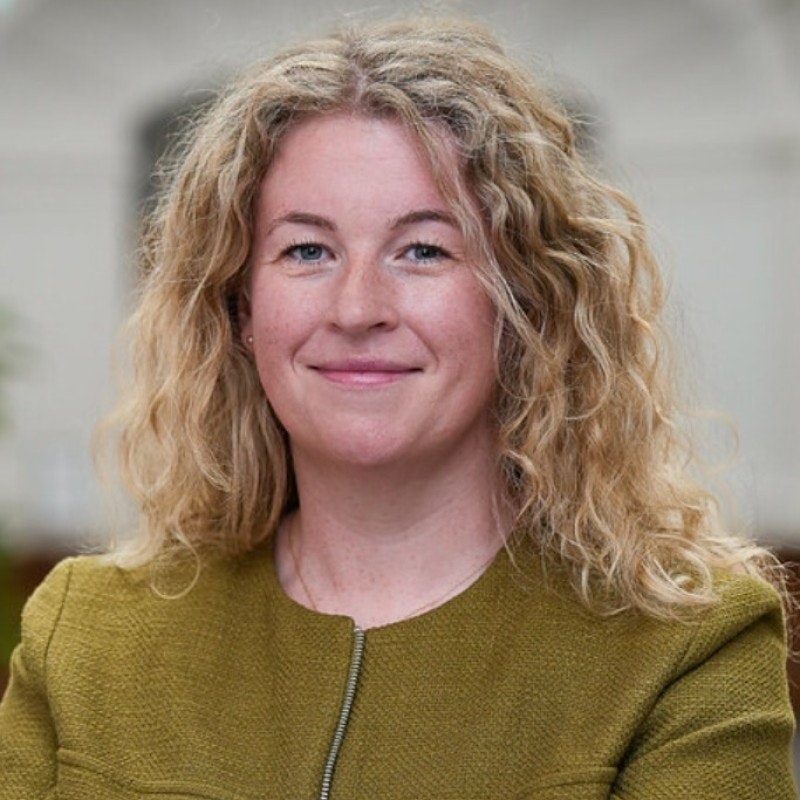The German state of Bavaria is known for its pretzels, freakishly large glasses of beer and Lederhosen — but the local ministry is keen for the region to be known for something else too: tech.
At the DLD tech conference in Munich last month, Markus Söder, the minister president of Bavaria, branded his region as the “California of Europe”. Both places boast beautiful people, technology and landscapes, he claimed.
Söder said that Bavaria was investing €5.5bn in areas like AI, quantum and space. The ministry, via its startup initiative Gründerland Bayern, is hoping to stimulate startup creation: it offers grants and coaching for new founders and acts as an information source for those starting a company and raising capital.
This comparison of Bavaria to The Golden State isn’t new; the Bavarian Ministry has been harping on this theme for more than a decade now, say local VCs. But does the comparison stack up?
Bavaria’s capital Munich has certainly earned its place as one of Germany’s biggest tech hubs. The city and the region around it — known for its rich industrial heritage and engineering talent — houses industrial heavyweights such as BMW and MAN, but also hundreds of deeptech startups. Some of Germany’s most valuable unicorns call Bavaria home, including process mining company Celonis, buzzy defence tech startup Helsing and HR tech Personio.
Additionally, local universities such as the Technical University of Munich (TUM) and The Ludwig Maximilian University of Munich are supporting “young talent to be hired by startups or to become founders themselves,” says Robin Godenrath, founding partner and managing director at Picus Capital. In 2023, $2bn was raised by startups from TUM and its startup lab UnternehmerTUM.
All of this is boosting the region’s pulling power. More VCs have started moving back to Munich and opening up offices there to cash in on the city’s rising deeptech stars, says Olaf Jacobi, managing partner at Capnamic Ventures.
“In 2005-2006, when the Samwer brothers and Lukasz Gadowski (cofounder of Delivery Hero) set up the Berlin ecosystem, the money was moving towards Berlin, but in the last four years, the momentum is swinging back to Munich a bit,” he says. Some prominent VCs, like Creandum GP Simon Schmincke, have moved from Berlin to spend most of their time in Bavaria, which locals say has a high quality of life, especially with its close proximity to forests, lakes and mountains.
However, some investors like Jan Miczaika, a partner at HV Capital — which has offices in both Munich and Berlin — argue that Munich may not quite be the startup hotspot its ministry would like it to be. One reason, he says, is that workers have other options for employment there — like working for international corporations or car manufacturers, he tells Sifted. Whereas that’s not the case in Berlin, which is better known for being a software hub than an industrial centre.
“In Berlin, the startup industry just plays an outsized role in the economy, and [in] Munich [it] certainly doesn't,” Miczaika says. He adds that Berlin has the advantage of being able to attract international talent more easily — with its diversity, creative scene and buzz — compared to Munich.
Berlin also outpaces Munich in terms of the value of VC deals — raking in €33.6bn worth of VC money from 2013 through September 2023 compared to Munich’s €10.9bn, according to PitchBook data. In that time there were also 3,414 deals in Berlin compared to Munich’s 1,329.
Investors agree that Bavaria still has a long way to go to catch up with the entrepreneurial dynamism of California. The lack of growth capital in Germany and the onerous red tape needed to notarise deal documents are often cited as two of the biggest drawbacks.
Stefan Bader, cofounder of Munich-based B2B referrals startup Cello, says that the tag California of Europe “may be a bit of a stretch”, but Munich is “undoubtedly one of the fastest-emerging tech hubs in Europe”, spurred on by the growth in sectors such as enterprise software, climate and deeptech.
He thinks Munich’s tech scene is more like a “boutique” — “specialised, focused and rich in quality” — and perhaps more comparable to places like Austin, Texas than California.
“Both Austin and Munich are the challengers, the fast-growing new kids on the block in comparison to the 800-pound gorilla Silicon Valley,” says Bader. “There seems to be a pattern of companies building frontier technologies like space tech, vertical take-off aircrafts and fusion reactors in Munich or Austin, and mostly leaving consumer tech to the incumbents — for now.”



